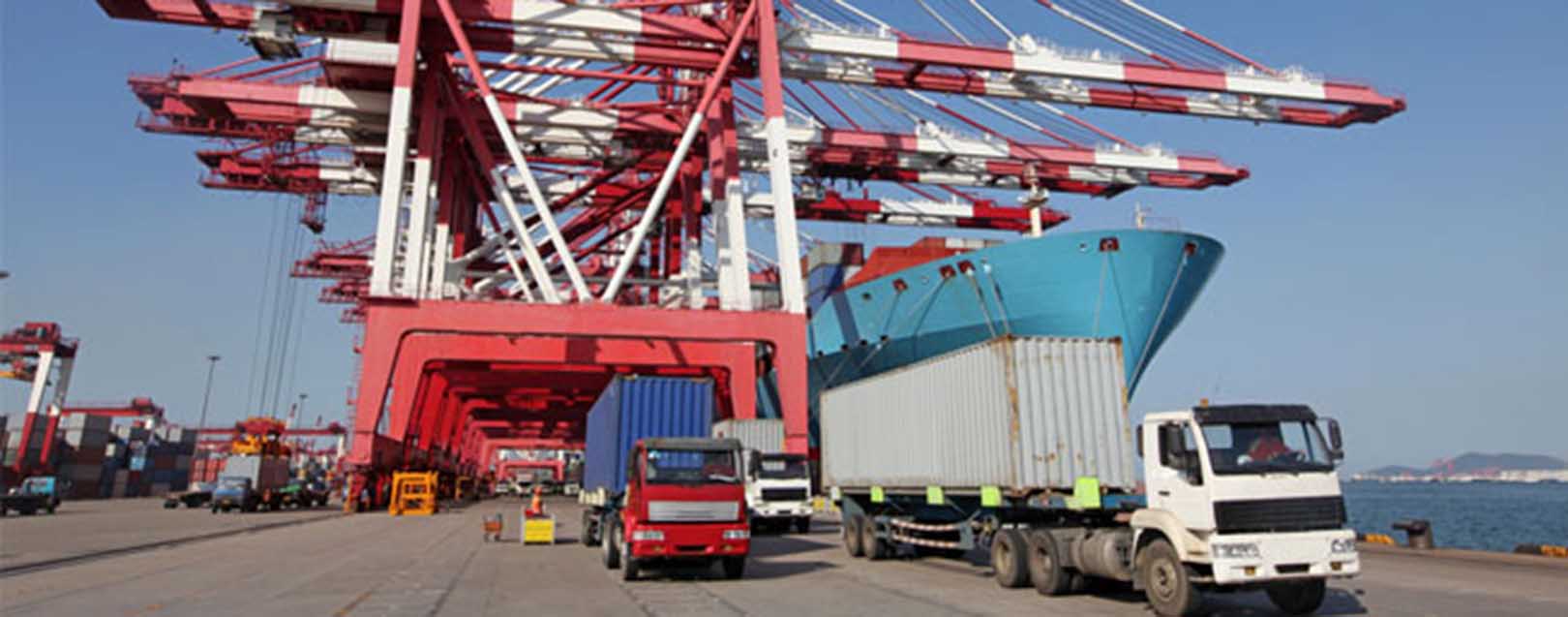
Easy online application and full electronic processing of Certificates of Origin can help flow of trade in a big way
Rules of Origin lack the much-needed harmony. There is still a wide variation in the procedure followed by governments when it comes to these rules.
Manish K. Pandey | @TheDollarBiz
Recently, I was at a FIEO-organised industry consultation forum on the now-much debated Regional Comprehensive Economic Partnership (RCEP). Senior officials from the Ministry of Commerce had flown in from Delhi too, to seek suggestions from the exporter-importer community and learn of their apprehensions with respect to the aforesaid regional trade agreement (RTA). The arrangement came around as an earnest effort by the government to understand minds in the foreign trade community, before negotiating the accord. The forum began – expectedly – on a positive note. Only problem was, it also proved how baseless was the Aristotelian logic of “Well begun is half done”! The arguments and issues brought to the table by exporters had little (rather nothing!) to do with the concerned RTA. The entire discussion was dominated by policy and procedural hassles that the importer-exporter community was facing. One such pain point that hogged the limelight was the ambiguity with respect to the Rules of Origin or Certificate of Origin.
‘Rules of Origin’ are norms required to arrive at the origin of an imported good or service. Their importance can be gauged from the fact that duties and restrictions imposed on goods and services depend on them. It’s the Certificate of Origin (CO) that attests that goods in a particular shipment are wholly obtained, produced, manufactured or processed in a particular country. There are two types of COs. One, Non-Preferential COs or ordinary COs that certify the origin of products that are not eligible for any preferential treatment. Two, Preferential COs that certify products that enjoy tariff reduction and are a part of any preferential trade agreement (PTA). Although the Rules of Origin are now more topical than ever (they are an integral part of today’s trading system and RTAs/PTAs), they lack the much-needed harmony. There is still a wide variation in the procedure followed by governments when it comes to these rules. While different countries have different rules for a same product, the processes to issue a certificate of origin too are really confusing at times.
Well, the two factors impeding the harmonisation are increased number of PTAs and RTAs (resulting in the rise of origin disputes) and a sharp rise in anti-dumping cases leading to subsequent claims of circumvention of anti-dumping duties through the use of third country facilities. These factors often call for trouble and confusion when arriving at the origin of a product or service. One solution can be to abolish the practice, but then how would a country arrive at the trade balance or impose tariffs and duties. Pascal Lamy, Former Director General of the WTO, had highlighted this fact in his keynote speech at the World Customs Organisation (WCO) Council in June 2011. He said measuring trade in value added can be used by countries in determining trade flow instead of attributing the full commercial value of a product to the last country of origin. His reason: In today’s globalised world, businesses are increasingly locating different stages of their business in different countries to stay competitive.
However, considering various nations and their impact on WTO’s functioning, this doesn’t seem possible in the near term. Hence, the only solution, as of now, is to simplify the process of obtaining this certificate. In most countries, industry bodies issue COs. In India too, while FIEO issues Non-Preferential COs, Preferential COs can only be issued by the Technical Committee on Rules of Origin. But then, there are countries that have simplified it further to a point that an exporter himself can issue a CO. Easy online application and full electronic processing of such certificates is also what India needs to learn from its global peers. It’s such initiatives that can take India’s foreign trade to the next level and not a basket full of incentives, most of which are anyway of no use to small and mid-sized exporters and importers!
Get the latest resources, news and more...
By clicking "sign up" you agree to receive emails from The Dollar Business and accept our web terms of use and privacy and cookie policy.
Copyright @2026 The Dollar Business. All rights reserved.
Your Cookie Controls: This site uses cookies to improve user experience, and may offer tailored advertising and enable social media sharing. Wherever needed by applicable law, we will obtain your consent before we place any cookies on your device that are not strictly necessary for the functioning of our website. By clicking "Accept All Cookies", you agree to our use of cookies and acknowledge that you have read this website's updated Terms & Conditions, Disclaimer, Privacy and other policies, and agree to all of them.

